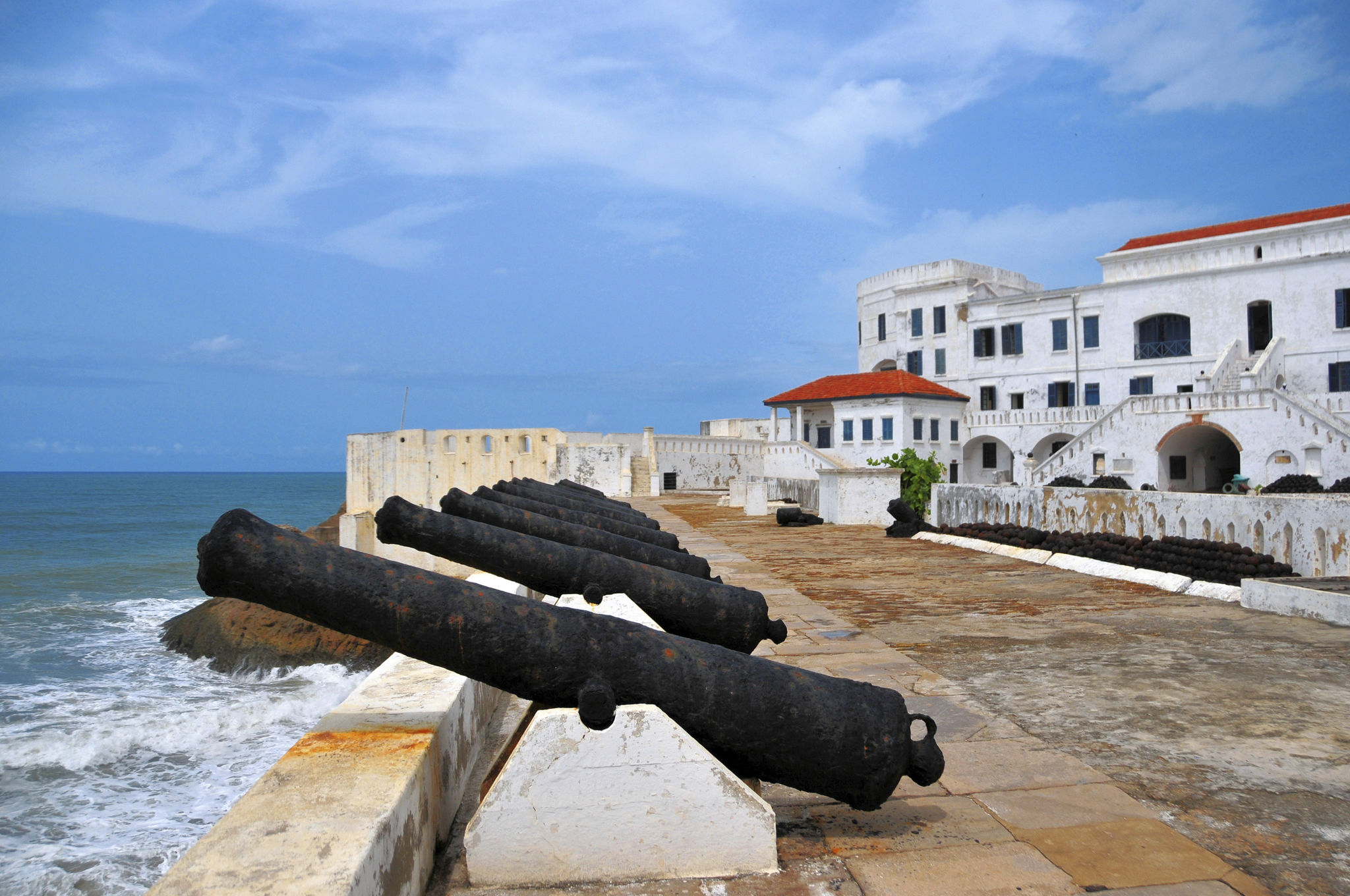Debunking Myths About Coastal Conservation in Ghana
Understanding Coastal Conservation in Ghana
Coastal conservation in Ghana is a vital topic that often attracts a multitude of misconceptions. As a country with a diverse range of coastal ecosystems, Ghana's efforts to preserve these areas are crucial for both environmental and economic reasons. However, myths surrounding these efforts can often hinder progress. In this post, we will debunk some of the most common myths about coastal conservation in Ghana and shed light on the realities of these initiatives.

Myth 1: Coastal Conservation Is Only About Protecting Wildlife
A common misconception is that coastal conservation solely focuses on protecting wildlife. While safeguarding biodiversity is a significant component, it is not the only objective. Coastal conservation in Ghana also aims to preserve habitats, maintain water quality, and protect against erosion and climate change impacts. By ensuring the health of coastal ecosystems, conservation efforts contribute to the well-being of local communities and support sustainable development.
In addition to wildlife protection, conservation projects often involve community engagement and education, promoting sustainable fishing practices and alternative livelihoods. This holistic approach ensures that conservation benefits both nature and people.
Myth 2: Conservation Efforts Hinder Economic Development
Another prevalent myth is that conservation efforts are an obstacle to economic growth. In reality, effective coastal conservation can drive economic development by fostering eco-tourism and providing jobs in conservation and related sectors. Healthy coastal ecosystems attract tourists, researchers, and investors, resulting in economic opportunities for local communities.

Moreover, sustainable management of coastal resources ensures long-term economic benefits. By preventing overfishing and habitat destruction, communities can maintain fish stocks and other marine resources, securing livelihoods for future generations.
Myth 3: Local Communities Are Not Involved in Conservation Efforts
Some believe that local communities are excluded from conservation projects, but this is far from the truth. In Ghana, many conservation initiatives actively involve local residents in decision-making processes. Community-based management systems empower locals to take charge of their natural resources, leading to more effective and sustainable conservation outcomes.
- Community workshops and training programs are common.
- Local knowledge is integrated into conservation strategies.
- Communities often receive economic incentives for participating.

Myth 4: Conservation Efforts Are Uniform Across All Coastal Areas
It is a misconception that conservation strategies are uniform across all coastal areas in Ghana. In reality, each region has unique ecological characteristics and socio-economic conditions that require tailored approaches. Conservation plans are designed to address specific challenges and opportunities in each area, ensuring that efforts are both efficient and effective.
For example, mangrove restoration might be prioritized in one region, while another might focus on coral reef protection or beach clean-up initiatives. This flexibility allows for adaptive management of resources based on local needs and conditions.
The Importance of Dispelling Myths
Understanding the realities of coastal conservation in Ghana is crucial for supporting these efforts. Dispelling myths allows for greater public awareness and involvement, encouraging collaboration between government bodies, non-governmental organizations, and local communities.
By debunking these myths, we can foster a more informed and supportive environment for coastal conservation initiatives. As we continue to work towards sustainable development, it is essential to recognize the value of preserving our natural resources for future generations.